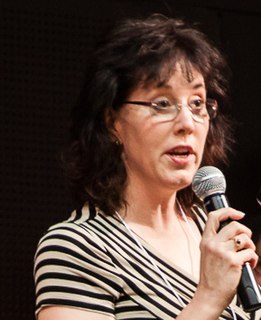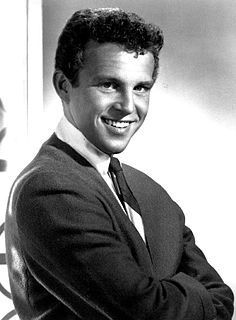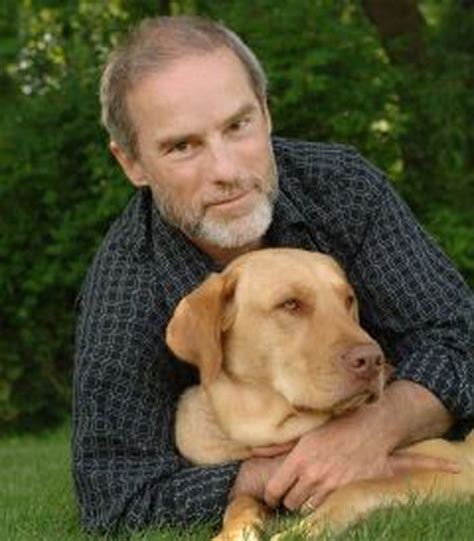A Quote by Janette Rallison
Adults are constantly telling teenagers that it's what's on the inside that matters. It's always painful to find out that adults have lied to you.
Related Quotes
The StarTalks - while kids can watch them, they're actually targeted at adults. Because adults outnumber kids five to one, and adults vote, and adults wield resources, and adults are heads of agencies. So if we're going to affect policy, or affect attitudes, for me, the adults have always been the target population.
What we do wrong with teenagers is we talk down to you instead of treating you as equals. Adults complain that you're not good listeners but really, adults are not listening to what you're trying to tell us. We're always trying to give you advice. We should treat you with lots of respect and dignity and groom you to be future leaders.
We underestimate teenagers at our peril. Even the dismissive thing out on the street--look at what they're wearing. Then we'll hear stories about how a toddler fell on the tracks, and it's often a teenager who comes to the rescue and walks away because he or she doesn't want any credit. I recognize it because I've written books for teenagers--it's basically that they feel things more than adults do. They want things more than you think. They want things with greater depth than you think they do. Teenagers have got a lot of soul that adults have forgotten they have within themselves.
Adults are always telling young people, 'These are the best years of your life.' Are they? I don't know. Sometimes when adults say this to children I look into their faces. They look like someone on the top seat of the Ferris wheel who has had too much cotton candy and barbecue. They'd like to get off and be sick but everyone keeps telling them what a good time they're having.
You can't train kids in a world where adults have no concept of what science literacy is. The adults are gonna squash the creativity that would manifest itself, because they're clueless about what it and why it matters. But science can always benefit from the more brains there are that are thinking about it - but that's true for any field.
Adults follow paths. Children explore. Adults are content to walk the same way, hundreds of times, or thousands; perhaps it never occurs to adults to step off the paths, to creep beneath rhododendrons, to find the spaces between fences. I was a child, which meant that I knew a dozen different ways of getting out of our property and into the lane, ways that would not involve walking down our drive.




































